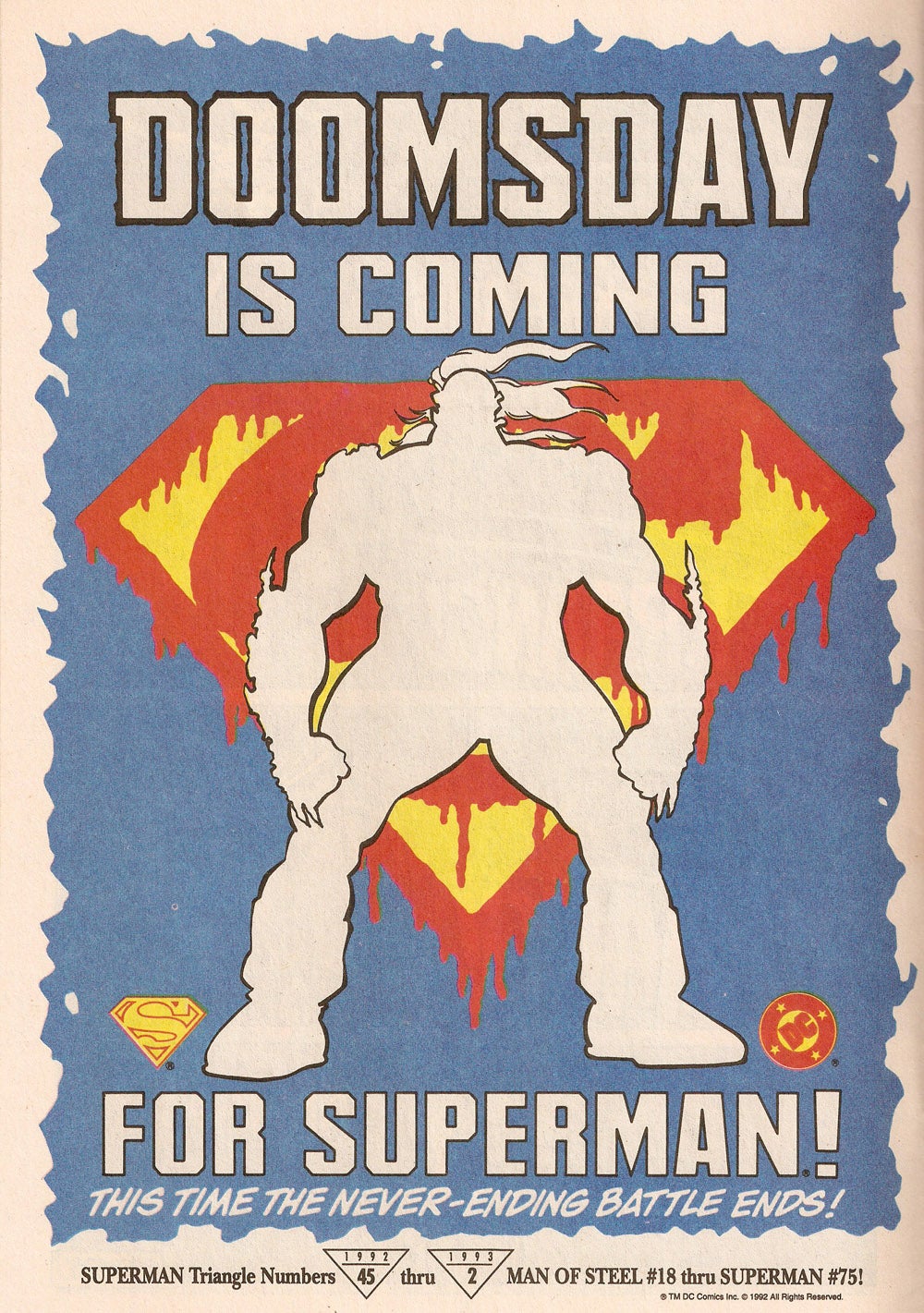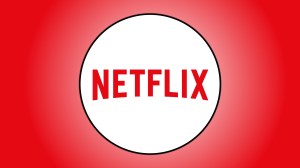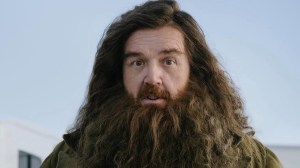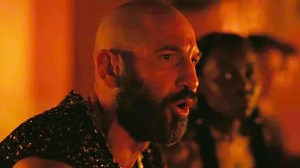
Welcome to Throwback Thursdays, a new feature at comicbook.com that sifts through the comics and pop culture of yore for nostalgic romp you don’t want to miss. After all, we wouldn’t be self-respecting fans if we weren’t constantly wishing for the good old days.
Videos by ComicBook.com
Today’s premiere installment takes us back 22 years–almost to the date– to one of the biggest moments in comic book history. On November 17th, 1992, DC Comics published “Superman #75,” or as the rest of the world knows it, “The Death of Superman.” Almost everyone’s heard the story by now. The alien Doomsday invades Earth. Superman fights him. Superman dies saving the planet (and returns less than a year later). But people might not understand, however, is the ripple effect that Superman’s death had on the nation. Public outcry wasn’t just held to convention halls and comic shops. Newscasters, journalists, and pundits alike had something to say on The Man of Steel’s death, elevating the storyline to pop culture event.
One of the main men behind the perfect storm is Dan Jurgens. A comics veteran with decades of experience, Jurgens not only hatched the idea of killing DC’s top icon, but also delivered the killing stroke by writing and illustrating “Superman #75.” For the issue’s anniversary, Jurgens spoke to us about the national spotlight, how easy it was to kill Superman, and why “Superman #75” still affects the comics industry to this day.
It’s been 22 years since Superman #75 hits shelves. What do you remember the most from creating that issue? What was it like to kill one of America’s biggest icons?
One of the things that I remember most is just the general. Well, lets step back a bit. Rather than talk about the issue, I think the biggest thing I remember is just how big it got to be as a news story. Not just the issue itself, but the overall event became a national news story that was just everywhere for a few days. It was the network newscasts, it was on the local newscasts, it was in all the papers. it became a major event. I think that’s what I remember the most.
What was the first newscast you remember seeing?
I think it was NBC Nightly News. That might have been the first national one that I saw. But part of it is, if you go back to that time, solicitations catalogs came out. And back then, we had more than one distributor. And all the catalogs came out soliciting the issue and asking for orders. That’s when it started to build. It got bigger and bigger, and of course the week that the book itself came out, it just exploded. It was one of those things where we all did store appearances, we besieged by interview requests, people just wanting to buy the book. Retailers had a hard time keeping it on the shelves. It was just the general insanity of it all that is the most memorable. I don’t think that it’s anything that could happen again.
Were you anticipating that overwhelming national response? What was going through your head when you saw all those newscasts?
Well there’s no way that we could have anticipated it. When, as a creator, you fashion a story, especially if you kind of regard as a major turning point for a character, you hope its going to do a little better, you hope its going to sell more copies. You write and draw these things three months before they come out, and you plan it up it a year before it comes out, there’s no way yo ulna ever even hope to get that kind of attention planned. Had there been a massive earthquake in Taiwan that day, we probably wouldn’t have made the newscast. We would have been bumped for something else. So, its one of those things that develops a life and a momentum on its own. Its something you can’t control. You just kind of riding the wave at that point.

Yeah. It’s one of those things where I walked in, and we had story meetings where got all the writers and artists and editorial together. I walked into the meeting with a yellow legal pad, and I had two ideas written on it. One was “Death of Superman.” The other one was “Monster Destroys Metropolis.” And I never saw those as one idea. Later, we fused all of that. But to be fair, we had talked about trying to do a Death of Superman story, somehow, earlier. In meetings we’d kick around general ideas and joke about it. And we had reached a point where it just bubbled up and became the thing to do.
And were you expecting DC to approve of that idea so readily?
I don’t know if I look at it quite that way. The way that we generally saw things, as a group of writers and creators, we were in a room, and it sounded like a good idea. And we could make a good story out of it, so yeah, we got a green light to try and do it. I don’t think we ever thought, “Oh gee whiz,” someone’s going to put their foot down and not let us do this.” I think we just saw it as a cool story to tell. And it wasn’t so much because we were doing the death of Superman. We really got more and more invested in it, I think, when we talked about the stuff that would come later, and doing two months of stories that were the Funeral For A Friend issues, where we explored the idea of what does it mean to have a world without Superman. And the beauty of that was, later, those were the same types of stories that journalists were doing and columnists were writing: What does it mean to America that we no longer have a Superman? And at the same time we had some of that stuff playing out in the pages. We had this weird convergence of fiction and reality that was quite nice.
So what was the real world like without Superman? What was the national sentiment and mood?
It’s hard to paraphrase, but I think almost every major newspaper had a columnist who wrote something about “What Does Superman Mean To Us?” And “What does it mean when he’s gone?” And they might have pointed to a national cynicism or, loss of innocence, or maybe there’s no longer a place for a big blue boycott, or maybe e those people who are in charge have no idea what they’re doing, or something like that. That’s what it got into.
And what was the fan community’s response back then? You didn’t have the Internet’s echo chamber to fall back on. How did you deal with the outcry that followed the issue?
The outcry actually started long before. Once the solicitation catalogs came out, that’s when it really started. That’s where, you’re right, the Internet, while it existed, it wasn’t there in the sense we know it today. It was just barely a glimmer in anyone’s eye. More than anything, we had the letters. We got them at the office, we got the phone calls, that’s how we heard back. In a way, it was a little more immediate. And when I say “immediate,” that’s because people—it’s so easy just to drop a comment on a message board these days. But back then, you had to pick up the phone and actually make a call. Or you had to sit down, write a letter, and send it in. We started hearing from people as soon as the solicitations came out.

I believe it did. It’s been forever since I’ve seen one of those catalogs, but I do believe it was solicited that way. People had to know a little bit of what they were getting,and certainly there were aspects of the famous black bag issue that were pretty much described in advance. And it included info on the black armband and the poster and newspaper article. It was a special package.
How did it fall on you, and “Superman #75,” to deliver the big “Death Issue” out of the entire story arc?
What you always try to do, as a creator, is with those milestone issues, whether its #100, #50, #75, or something like that, you try to have it be just a little bit special and mean a little something. Its an “achievement number” if you will. As much as anything, it just fit the idea of “well, here’s a milestone, something special. We observe those things, to let’s put it there.”
How did you feel then, when you found out that the task would fall onto you? How did it make you feel to be the courier of Superman’s death?
Oh, I would have been terribly disappointed if I hadn’t been the one. It wasn’t a question of intimidation, it was something that I wanted to do and looked forward to doing. We thought we had—and when I say we, I mean the creators across all the books—a really cool story to do. And as we put it together, with it going from three issues earlier, from four panels a page to three panels a page to two panels, and then #75 being composed of all splash pages. That was fun. That made it all seem a little more special. You could feel the action picking up, and time was moving even faster.
I’m glad you mentioned that, because I was curious. Superman #75 was an entire series of splash pages, but where did that idea come from?
One of the things thatpeople don’t do enough of is play with the concept of time on the page. We saw that as something we could use. For example, if you want to slow down the passage of time on a page, you can do it by taking what might normally be a four panel sequence and turning it into a 12-panel sequence. That gives it the effect of slow motion. What we wanted to do was create the feeling that the stakes were being increasingly raised. The action was moving faster and getting bigger. In comic books, if you do what we did and went 4-3-2-1 with the panel structure, that becomes your soundtrack in a way. Everything gets bigger, it gets faster. Readers might not consciously realize it, but certainly when you put it all together in a trade, you definitely feel the story pick up pace.
Out of those 22 single page panels, which one sticks with you the most to this day?
I think the one I remember the most is the final three-page spread where we have Lois holding Superman’s body. You’ve got the crowd in the background with all the rubble. You’ve got the Superman cape in the background. And this is weird but I hope you’ve seen the original issue because its never been reprinted this way. We structured it in such a way that it was a double page spread of Lois and Superman that you then opened up,and it became a triple page spread. That’s the one that still sticks with me. In part, because DC has never reprinted it that way, which is really unfortunate.
If you could go back and do “Death of Superman” any differently, is there another way that you would execute it?
No, it was one of those times where everything fired on all cylinders, and you hit a 10 out of 10. Quite honestly, I look back on it and we had tremendous sales success, the fans loved it. I always felt that if you go back and look at that as the entire novel it was, which was Death of Superman, World Without A Superman, and Return of Superman, where you had the four Supermen. To this day I don’t feel like it ever got the critical acclaim it should have gotten, because too many back then were trying to accuse us of a sales stunt or gimmick. To this day, I still think that it holds up remarkably well as a high-quality story. Certainly, that’s recognized now more than it was then.
Interesting. So between then and now, what was the best piece of praise or best compliment you’ve received on the project?
The thing I hear the most that I find gratifying. I never did a book signing or any kind of convention where I don’t have at least four or five people come up to me and say “I started reading comics because of the Death of Superman.” And I really think that we provided a massive try point into the industry for people who one way or another managed to stick with it. I think the 90s were a great time to be a reader. there was a lot of stuff out there. And as I said, that to me is what I remember the most, and continue to hold onto.
What was the greatest lesson you learned from “Death of Superman?”
I don’t know if it changed me as a comics creator. If it did, I suppose that to a certain extent, that what you get out of something like that success breeds a certain kind of confidence. I think that when you start to do some of that stuff, it develops the way you continue to work.









